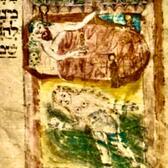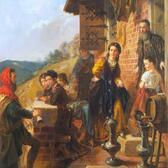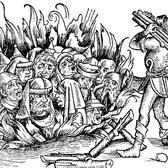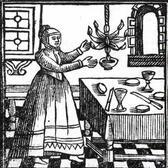Judith R. Baskin
Judith R. Baskin, who received her Ph.D. in Medieval Studies from Yale University, is Philip H. Knight Professor of Humanities Emerita at the University of Oregon. A past president of the Association for Jewish Studies (2004-2006), she is the author of numerous scholarly articles, book chapters, and encyclopedia entries. Her books include Midrashic Women: Formations of the Feminine in Rabbinic Literature (2002) and the edited collections Jewish Women in Historical Perspective (2nd Edition, 1998), Women of the Word: Jewish Women and Jewish Writing (1994), The Cambridge Dictionary of Judaism and Jewish Culture (2011), and the co-edited Cambridge Guide to Jewish Religion, History, and Culture (2010), a National Jewish Book Award winner.







